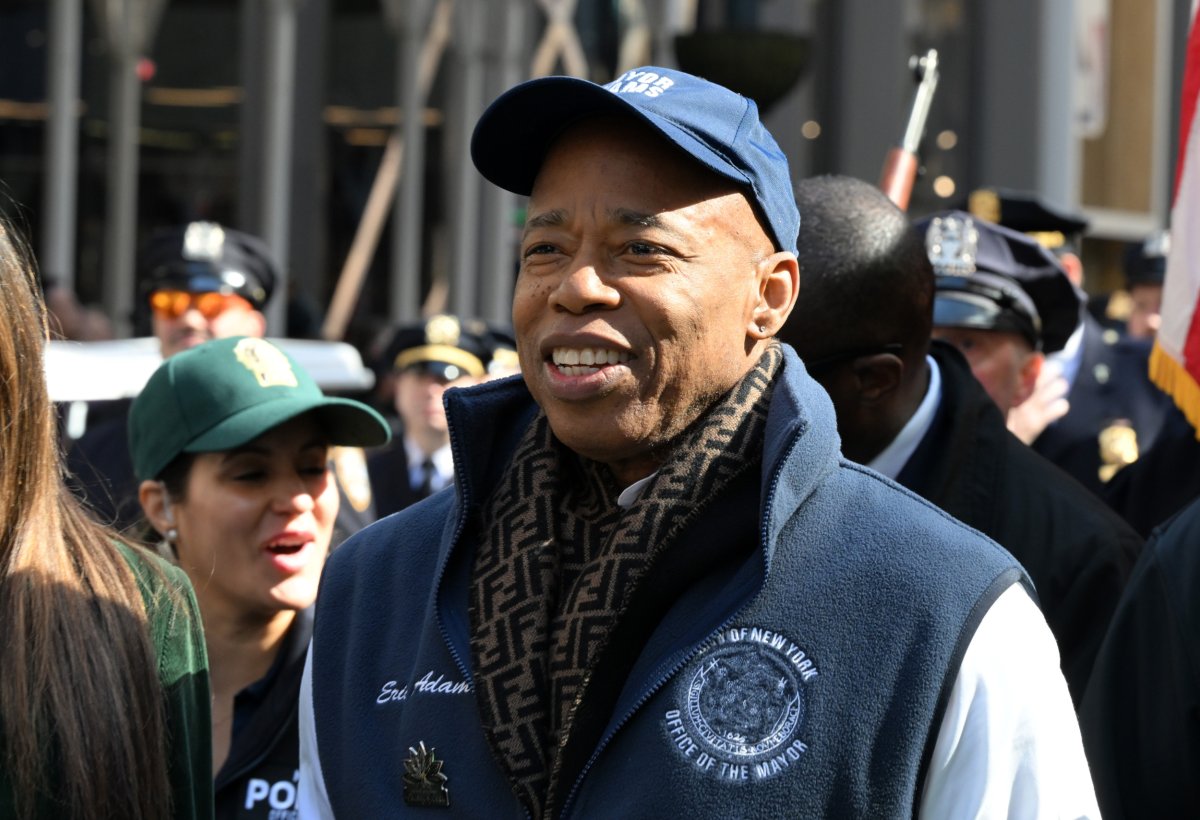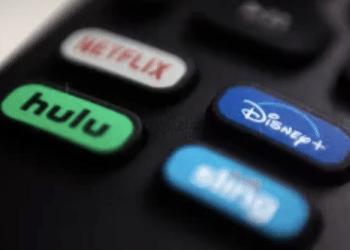New York Mayor Eric Adams is facing a challenge from the city’s progressive Comptroller Brad Lander in the 2025 mayoral race.
Adams was first elected to New York City’s mayor’s office in 2021, defeating several progressive candidates in a close election. In the years that have followed, his tenure has been tumultuous at times as the city has dealt with the arrival of at least 175,000 migrants, high housing costs and homelessness.
His time as mayor has divided New Yorkers. While progressives have been critical of many of his policies, including recently reversed cuts to library funding and his support for Israel, more conservative New Yorkers have taken issue with his handling of the migrant crisis and public safety.
His critics are hoping his low approval rating could provide an opening for a challenger.
Lander is the first high-profile Democrat to announce a challenge to Adams. He is viewed as a more progressive alternative who highlighted the library budget cuts, housing, child care and keeping parks clean in a video announcing his candidacy.
Polling on the race is scant, as the election is still more than one year out.

New York City Mayor Eric Adams speaks in Manhattan on March 16. Adams is facing a primary challenge from New York Comptroller Brad Lander in the 2025 mayoral race.
Slaven Vlasic/Getty Images
However, a poll from the conservative-leaning Manhattan Institute think tank suggests that New Yorkers may be interested in voting for another candidate.
The poll, which surveyed 700 likely voters from April 8 to April 11, found that 65 percent of New Yorkers would vote for “someone else” over Adams, who garnered only 16 percent of the vote in the survey. An additional 19 percent said they were unsure who they would vote for.
Notably, the poll did not offer any specific candidates, so it remains unclear whether Lander would be able to win over those respondents who said they would prefer someone else to a second Adams term.
Newsweek reached out to Adams’ office and campaign for comment via email.
A Slingshot Strategies poll of 1,500 registered voters from May 2023 suggested Adams would hold a lead over Lander. The survey found that 48 percent of respondents said they would back Adams, while 17 percent said they would vote for Lander.
Thirty-five percent were unsure how they would vote.
A Quinnipiac University poll released in December 2023 found that Adams had the “lowest job approval rating for a New York City mayor since Quinnipiac University began polling New York City registered voters in 1996.”
The poll found that 28 percent of respondents approved of his performance, while 58 percent disapproved. It surveyed 1,297 registered voters from November 30 to December 4, 2023, and had a sampling error of plus or minus 2.7 percentage points.
Adams was first elected in 2021, the first year in which the city used ranked-choice voting for the mayoral race Democratic primary. This allows voters to “rank” candidates in the order they prefer, with the first candidate to reach 50 percent winning the election.
In the first round of voting, he received 30.7 percent of the vote, more than any other candidate. After ranked-choice, he received 50.4 percent, while Kathryn Garcia, then the commissioner of the city’s sanitation department, received 49.6 percent.
He went on to win the general election with 67.4 percent of the vote, with Republican Curtis Sliwa receiving 27.9 percent.
Uncommon Knowledge
Newsweek is committed to challenging conventional wisdom and finding connections in the search for common ground.
Newsweek is committed to challenging conventional wisdom and finding connections in the search for common ground.










